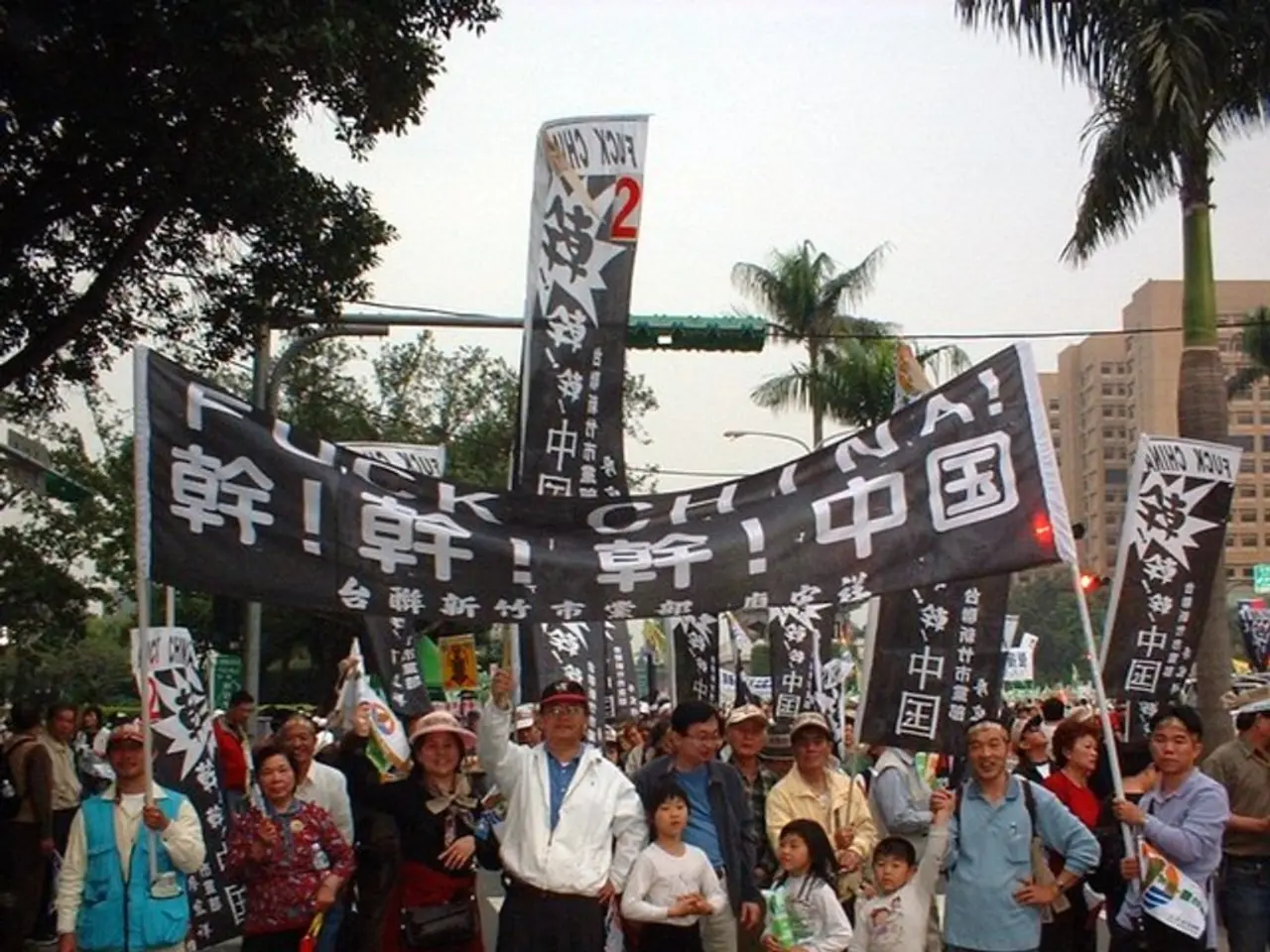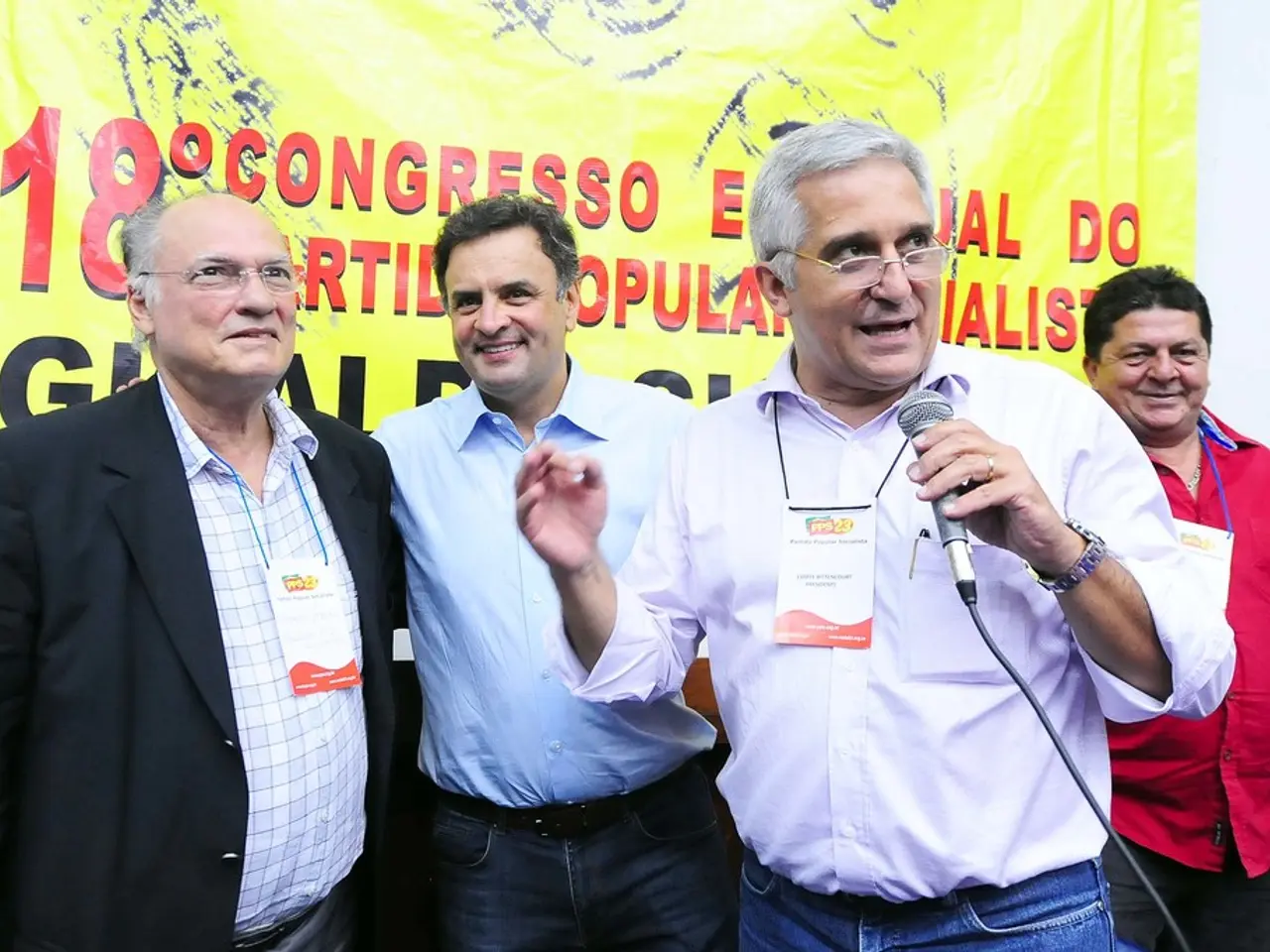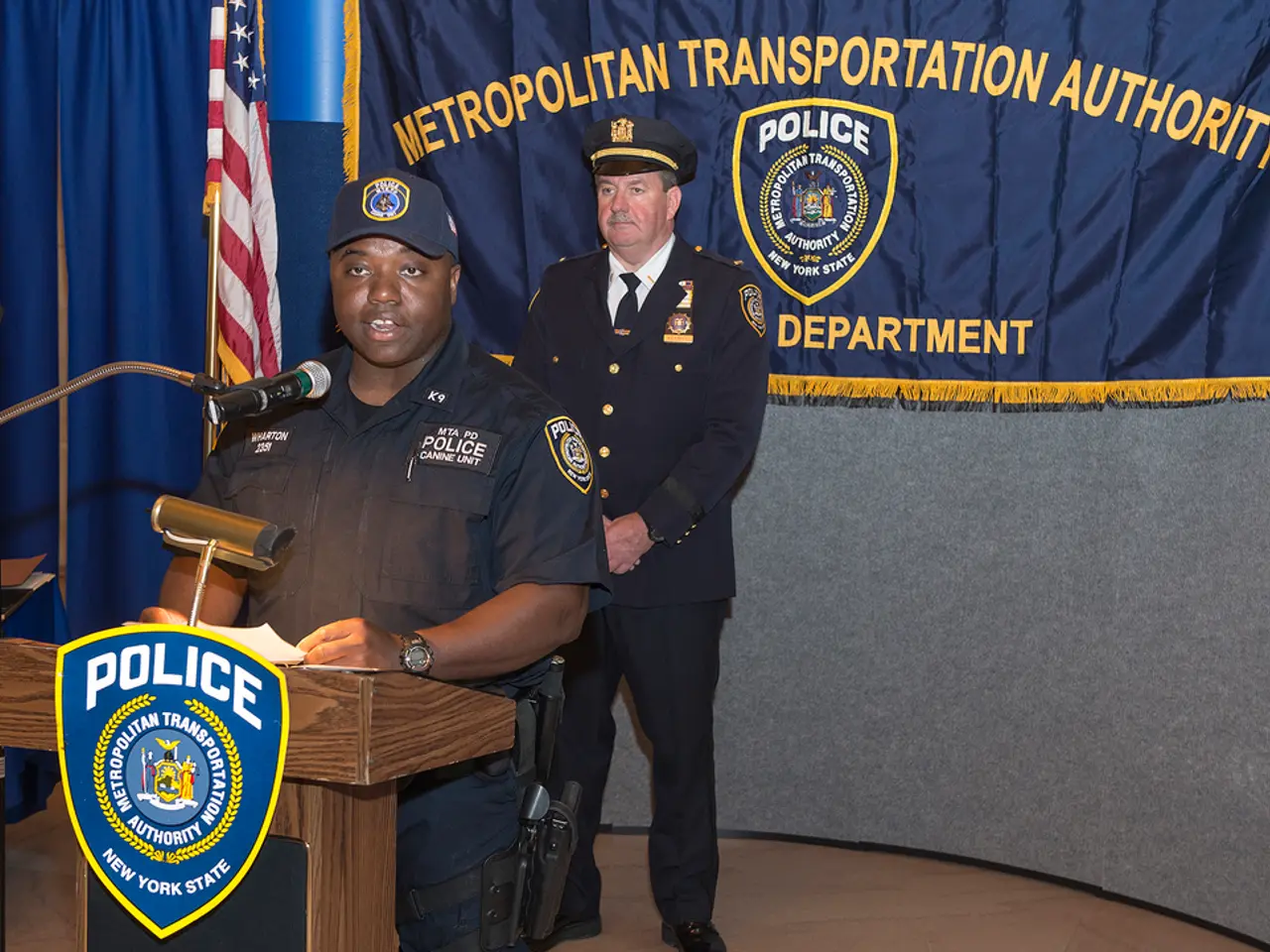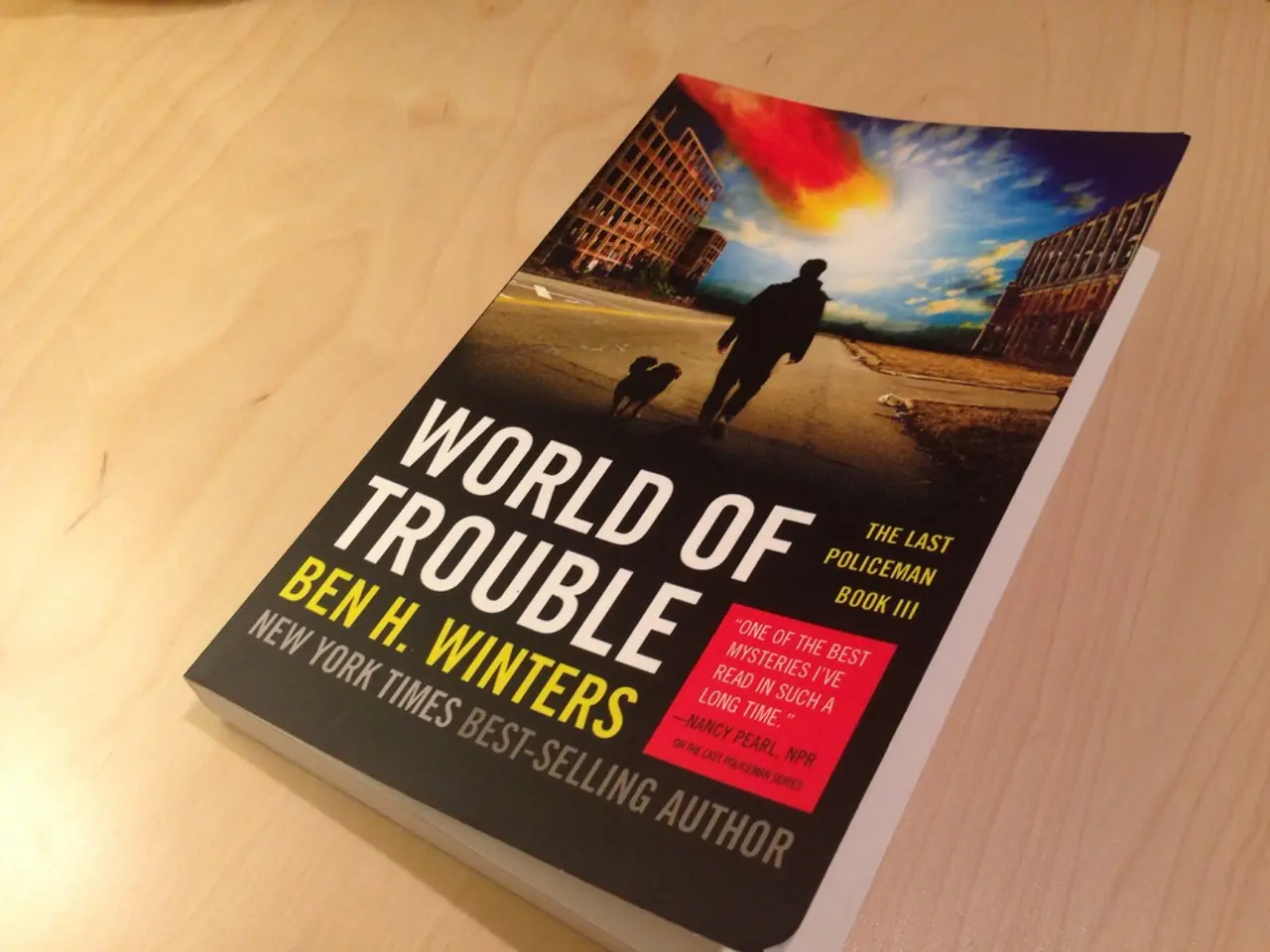Unraveling the Struggle: Women's Right to Vote Movement
Women's Suffrage Movement: The Militant Activism of the Women's Social and Political Union (WSPU)
The Women's Social and Political Union (WSPU), founded on October 10, 1903, by Emmeline Pankhurst and her daughters Christabel and Sylvia, marked a significant shift in the women's suffrage movement. This independent women's movement, with no party affiliation and women-only membership, was dedicated solely to women's suffrage.
The WSPU's inception was a response to Emmeline Pankhurst's frustration with the Independent Labour Party’s (ILP) inadequate support for women’s rights. On October 9, 1903, she invited ILP women to discuss forming an independent organization, which culminated the next day in establishing the WSPU.
The WSPU was historically significant for its militant and confrontational tactics, distinct from other suffrage groups. Emmeline Pankhurst directed WSPU activities from London, targeting the Liberal government and disrupting political events. From 1906, the WSPU began employing militant tactics, such as window smashing, setting fire to postboxes, and cutting telephone wires.
Between 1908-1909, Pankhurst was imprisoned multiple times, and in 1912 the group escalated to arson and other militant actions. The "Cat and Mouse Act" of 1913 was a government response to their hunger strikes, which saw recurring arrests and releases of WSPU members, including Emmeline Pankhurst herself.
The outbreak of World War I in 1914 led the WSPU to suspend its campaign temporarily, with the government releasing suffragist prisoners. The WSPU's motto was 'Deeds, not words'.
The impact of the WSPU on the suffragette movement was profound. It popularized militancy and direct action as tactics, which differentiated it from earlier suffragist efforts reliant on legal and parliamentary lobbying. The WSPU inspired later activists internationally, including figures like Alice Paul, who joined the WSPU in 1907 and later helped establish the National Woman's Party in the United States, importing militant tactics aimed specifically at constitutional amendments.
Notable events during this period include the suffragette rally on 21 June 1908 in Hyde Park, London, and the sight of visibly frail suffragettes who were prepared to undergo force feeding over and over again, shocking many people by the beginning of 1913. The funeral procession for Emily Wilding Davison, who died in June 1913 after being struck by George V's horse at the Epsom Derby, drew crowds of over 250,000 people.
The Representation of the People Act of 1918 granted the vote to women over the age of 30 who met a property qualification. A new wave of feminists carried the campaign forward after the war, and women were finally granted equal suffrage with men in 1928.
Today, the Pankhurst Centre, located at 62 Nelson Street in Manchester, is a site dedicated to the story of women's suffrage and the Pankhurst family. The small parlour at the Pankhurst Centre is a memorial to the suffragette movement, with WSPU sashes from various decades draped over chairs.
In summary, the WSPU’s formation marked a shift to militant female-only activism nonaffiliated with political parties, leading to a more aggressive suffragette movement that deeply influenced the eventual achievement of women’s voting rights in the UK and served as a model for suffrage activism worldwide.
- The Women's Social and Political Union (WSPU), in the context of modern history, revolutionized the women's suffrage movement through militant activism, confronting politics and general-news events during the early 20th century.
- The WSPU's impact on the suffragette movement was significant, as it popularized militant tactics and direct action, setting a precedent for women's rights activism not only in the UK but also internationally.




